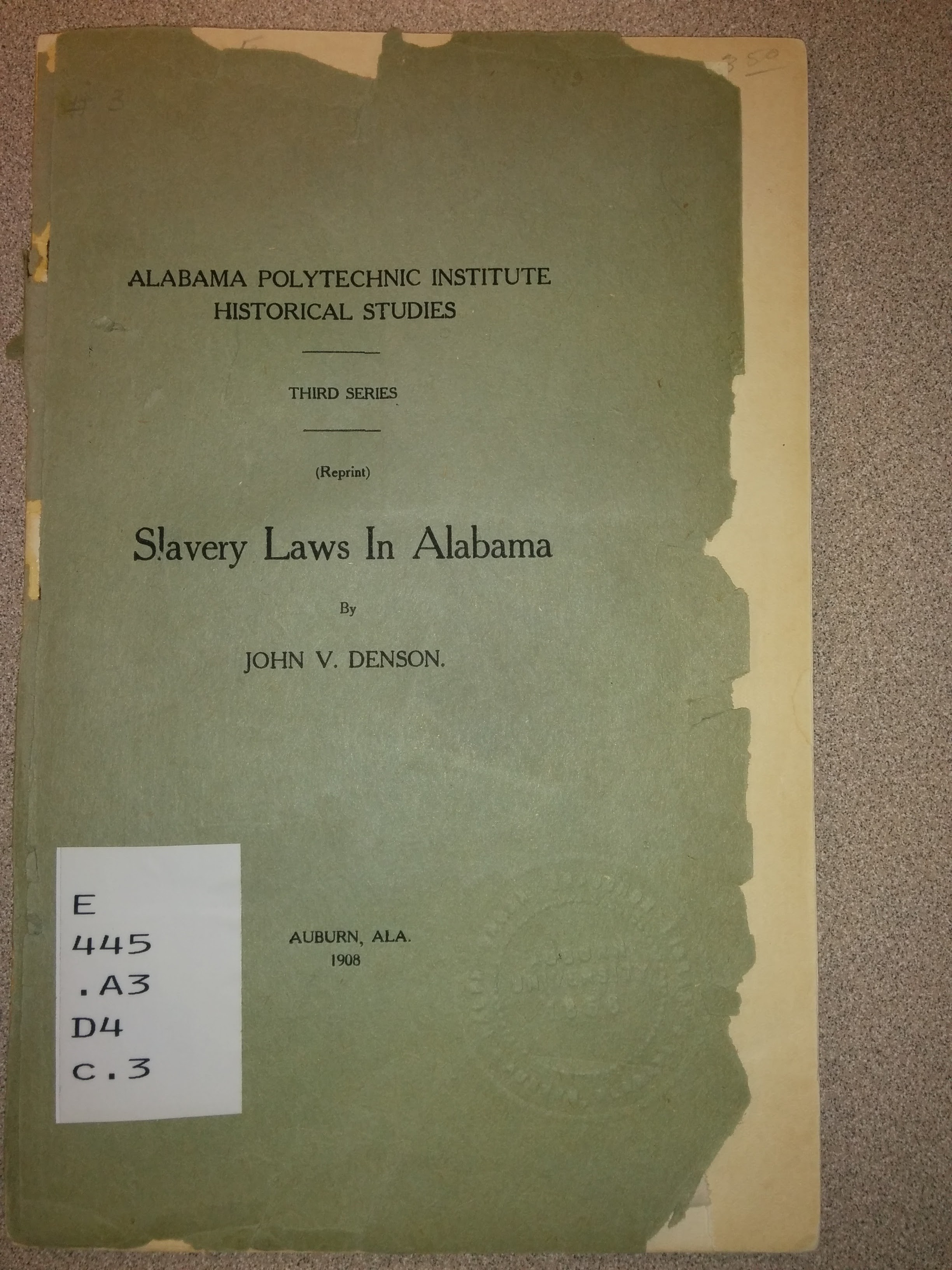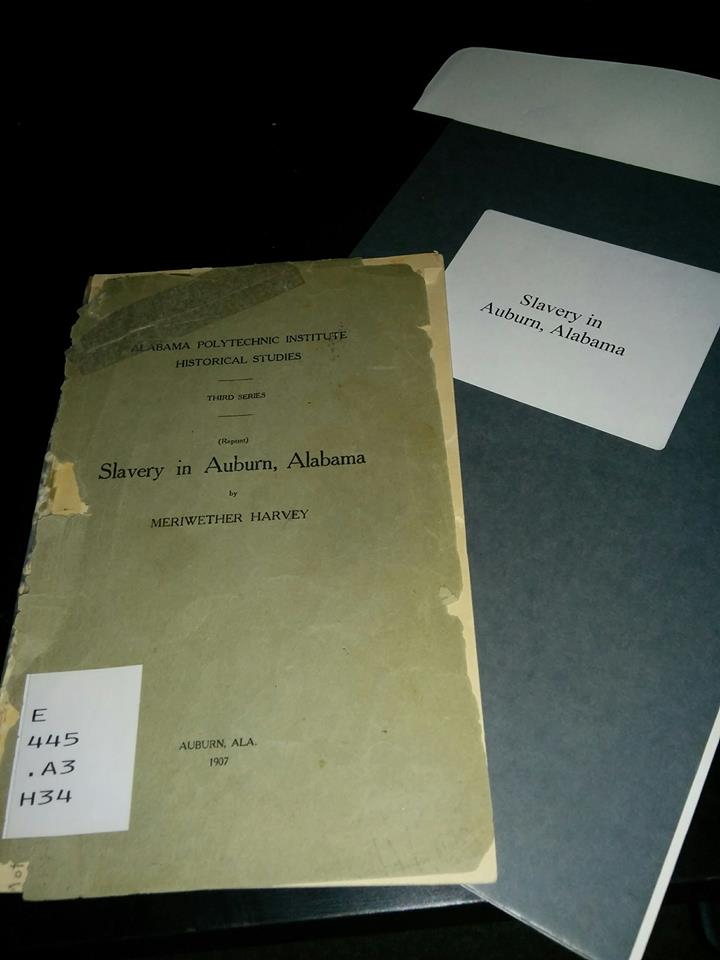“The Practical Difficulties of Secession” (Philadelphia Press, December 21, 1860) posted by Charles Johnson 20 Jan 2017 7:52 pm
Howard Cecil Perkins, ed. Northern Editorials on Secession, Volume I (Gloucester, Mass.: Peter Smith, 1964), 122-124.37. The Practical Difficulties of Secession
(Philadelphia Press [Douglas], December 21, 1860)
The members of the South Carolina Disunion Convention, as they approach the consideration of the practical questions involved in a faithful and thorough-going execution of their secession project, are beginning to realize some of the difficulties they will be compelled to encounter. It is a comparatively easy matter to burn down a house if no one attempts to arrest the flames, but it requires much laborious toil to erect a new one. Even if the efforts of the States which propose to secede should prove successful, they will not soon be able to erect a new Government which will be as useful and beneficent to them as the present Confederacy, notwithstanding their loud complaints against it.
If, by secession, they do not mean anything more than the adoption of empty resolves and pronunciamientos–the passage of ordinances repealing their ratification of the Federal Constitution, the resignation of leading Federal office-holders, and the virtual abolition of the Federal courts, they will certainly do much to alarm and agitate the American people, and to bring discredit upon the nation; but they will still virtually be in the Union. The convenience of the present Post Office system is acknowledged even now in South Carolina. They are not prepared to furnish a sufficient substitute for it. The best plan they have yet devised is to form some sort of an amicable arrangement with the powers that be at Washington, by which the postmasters of the Palmetto State will perform their duties as usual, while they refuse to recognize in any way the authority of the Federal Government, and consider their own local rulers the only ones they are obliged to respect and obey! If Mr. Buchanan adheres to the programme laid down in his message [123] and to the doctrines enunciated in the elaborate opinion prepared for him by the late Attorney General Black, he cannot well avoid collecting the Federal revenues at all Southern ports, even after the passage of secession ordinances; and if this duty is discharged, any State which assumes a rebellious attitude will still be obliged to contribute revenue to the support of the Federal Government or have her foreign commerce entirely destroyed. There will be no necessity for a collision unless some of the American forts are attacked, or the collection of duties meets with resolute and determined opposition. In either of these events, the National Government of this country will still have full power to vindicate its authority and to enforce compliance and respect, if those who rule its councils shall deem it expedient to avail themselves of the ample resources at its command.
All these obstacles must be entirely overcome, either by force, or by the connivance of the Federal Government, or by the consent of the States which remain in the present Confederacy, before any effort at secession can become completely successful, and before South Carolina or any of her discontented sisters can fully assume, among the Powers of the earth, a free and independent position. Many of the ablest men of our country have ridiculed the idea of “peaceable secession” as preposterous, and although it probably meets now with more favor than at any former period, it will be a singular event if we should fail to settle our existing quarrels within the Union, when we have common tribunals to appeal to, and yet preserve amicable relations during the progress of a dissolution of the Confederacy, and after so dire a calamity was consummated.
But, even supposing that a peaceable secession policy should prevail, and that the Gulf States should have but to declare their desire for independence to secure it, they could not rationally expect to form a new Government which would be more useful and advantageous to them than the present one has, up to this time, proved itself to be. No section of our country has derived greater benefits from the American Union heretofore than the very States in which the secession sentiment is most formidable–South Carolina, Georgia, Florida, Alabama, Mississippi, Louisiana, and Texas. The anxiety of the latter to enter our Confederacy was a striking evidence of her appreciation of the advantages it could confer upon her, and certainly her anticipations must have been more than realized when we consider that we not only assumed and finally disposed of her long-standing quarrel with Mexico, by defeating and humiliating the latter, but that we paid off all her heavy old debts, and that, in wealth and prosperity, she has constantly [124] been increasing, with wonderful rapidity, since her annexation. Louisiana and Florida were purchased outright from foreign Governments, and owe to the power of the American Union not only the freedom they enjoy, but nearly all their prosperity. It required all the energy, and much of the treasure, of the Federal Government to finally subdue in Florida, Georgia, Alabama, and Mississippi, the powerful Indian tribes which once inhabited them. The rich plantations, which now send forth their large annual products of cotton, would probably still be under the control of their aboriginal owners, if the forces of the United States had not driven them from their native haunts, and if the white settlers had not relied upon the support and protection of a great nation. South Carolina has always exercised in the councils of the nation quite as much, if not more, influence than any State of equal population, and has reaped her full proportion of all the benefits it has conferred. She complains that she has been onerously taxed, but she will find it utterly impossible, if her secession ordinance should really sever her connection with the Republic, to secure advantages equal to those she has heretofore enjoyed, without incurring a much larger expenditure than she has heretofore been subjected to. In what new Confederacy, or under what new system, can she be as well protected from foreign invasion and domestic insurrection, and have her rights at home and abroad as well secured, as under the one from which she appears so anxious to escape? The expense of our army and navy, of our diplomatic system, of our whole machinery of National Government, weighs but lightly on thirty-three States, but any new organization which approaches it in efficiency would be exceedingly burdensome to any small Confederacy.
Viewing the secession experiment in the most favorable light that its authors can possibly consider it, it is still full of embarrassments and perils; and while we trust that the Representatives of the North will be ready to do all in their power to remove every just cause of complaint, and to destroy every plausible pretext for a dissolution of the Union, we trust that when the prevailing excitement in the Cotton States subsides, their citizens will coolly and calmly consider this subject, in all its aspects, to ascertain whether it is not even better to bear the ills they have than to fly to others that they know not of.

![Page 24. [...] GRADUATES WITH HONOR: John Bayard Clarke, Marion; John Cameron Dow, Barbour; Edwin Alexander Harriss, Georgia; Mary Meriwether Harvey, Bibb; [...]](http://blog.fair-use.org/wp-content/uploads/2016/09/IMG_20160913_162739.jpg)

